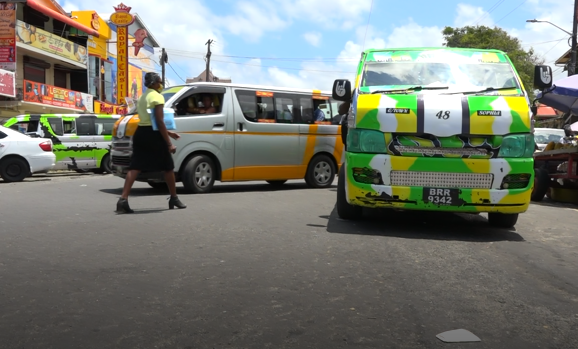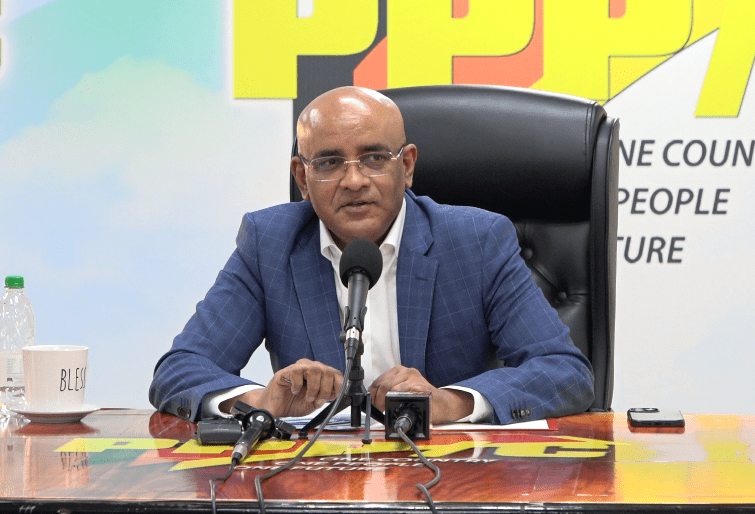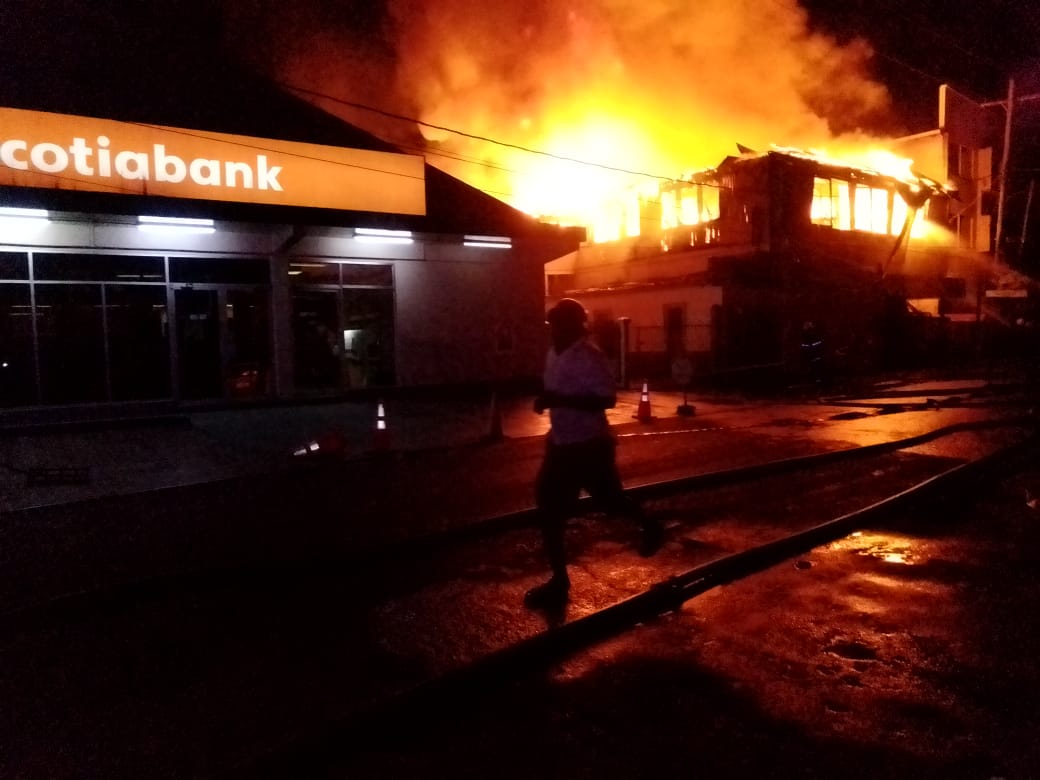Better public transportation system needed in Guyana – Private Sector official
 19 November 2024
19 November 2024


As the country continues to experience significant growth in a number of key sectors and attract more visitors, there is an urgent need for a better public transportation system.
This need for improved public transportation was further emphasised by former President of the Georgetown Chamber of Commerce and Industry (GCCI) Timothy Tucker, during an interview with this publication.
Stating that there are already subsidies in place for certain sectors, he noted that the country should not overlook transportation.
“Of course, we have things like a modular oil and gas refinery, a low cost of electricity, and a transportation system, but public transportation is something that is desperately needed in this country. We need a solid public transportation system that can move people without all the congestion.”
In addition to bringing convenience and ease of travel for locals as well as visitors, Tucker highlighted that a more efficient public transport system could significantly reduce the cost of living.
“First of all, the cost of living is a global challenge, and I think for that to really come down in Guyana, it all comes down to developing our inputs, what is actually put into the economy locally. Public transportation is something that is desperately needed in this country. We need a solid public transportation system that can move people without all the congestion.”
He added that Guyana must recognise that it is growing as a city and as a country, and it’s important to embrace modernity with a good, reliable public transportation system to ease traffic congestion.
Tucker suggested that the government could partner with the private sector to overhaul the current transportation system in the country.
“There are different formats we can start with. Either put the mechanisms and incentives in place to allow the private sector to take the lead and bring back the big bus services, give priority lanes, and electric big buses would be a good start. If not, maybe the government, if they want to get involved, could implement something to specifically serve schoolchildren, elderly people, and public servants.”
Tucker proposed that a school badge or public service card could grant free access to these services for eligible citizens.
Meanwhile, Tucker shared his expectations regarding the income tax for vehicles in 2025, expressing some skepticism.
“I can say that I have zero expectations at this point, because I’ve lobbied so hard over the last year,” he remarked.
“With the congestion of vehicles, I don’t foresee this being addressed in 2025. But ultimately, with the economy booming—especially in sectors like construction, agriculture, and business—it’s crucial that we start re-evaluating our vehicle framework.”
Tucker also shared his views on the classification of luxury vehicles, particularly four-door pickups, which he believes should not be categorized as luxury items.
“We need to reassess what’s considered a luxury vehicle. Four-door pickups, which are essential for many of the sectors I’ve mentioned, should not be listed as luxury vehicles. I don’t believe they qualify as such,” he said.
“These vehicles can be flat-rated, and more people would opt for four-door pickups instead of two-door models. This would help reduce the number of accidents caused by cramped two-door pickups and ease congestion.”
He added, “By opting for one four-door pickup instead of two two-door vehicles, we would reduce congestion, improve traffic flow, and help people explore more of Guyana, which could also boost internal tourism.”
In February last year, Public Works Minister, Juan Edghill had remarked that the government is committed to improving the public transportation system.Tucker hopes that the details of such plans can be included in next year’s budget.
Related News

Biometrics must not be used to disenfranchise Guyanese - Jagdeo

Guyana Govt looking forward to working with new US administration - VP

Multiple businesses destroyed in NA fire

